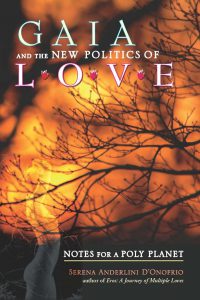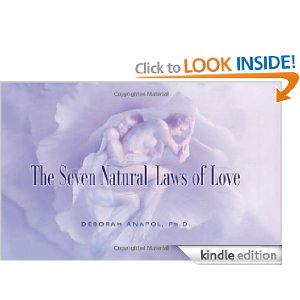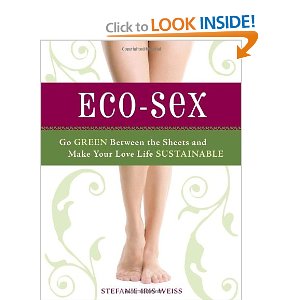Dear Earthlings:
The EcoSex course at U Conn is in process. It’s a great experience. We are reading amazing books. Thinking out of the box and across disciplines. Students are sending their responses in, with discussion questions. In class, we connect the dots: a holograph of what we’ve read together, the “required readings.” Multiple perspectives and good synergy. Here, we offer a glimpse. Lynn Margulis and Dorion Sagan’s Symbiotic Planet was one of two theory-of-science books. We got three responses: from Alexandra, John, and Adam.
Here’s Alexandra‘s take:
As an English major, I am not too fond of science. I did briefly go through a phase in which I was a marine biology enthusiast, grasping at any information on oceans and the creatures that inhabit them, but after that brief explosion of passion, I retired science for pencil and paper and books-lots and lots of books. I have tried since to ignite a spark for biology once more, and have failed, and failed, and failed. Symbiotic Planet, however, strikes my fancy.
Now, I am not saying that science will once more possess me due to this book. I am only pointing out the fact that Symbiotic Planet appeals to people who aren’t science based through its use of poetic language and beautiful facts, as well as it’s mix of hard science and personal experience.
The author, Lynn Margulis, places stunning excerpts at the start of each chapter. Whilst reading through the book, my mind attempts to connect these whimsical words with the theme of each chapter. This search for connection makes reading the more monotonous (at least in my eyes) scientific facts interesting. I have not yet found many feasible links, but I am intrigued.
Furthermore, I find Lynn Margulis’ emphasis on the interconnectedness of all life forms to be beautiful. Awe-stricken by the perfect dependence of the earth’s species on each other, I can’t help but to inhale the author’s words. The idea that symbiosis has such a profound effect on evolution, on the now, and the future, is almost spiritual. Despite the endless wars, the disgusting ways in which we slaughter animals, and the general cruelty of a variety of species, including the homo sapiens, the children of the earth-the fish, the bugs, the lions, humans- must depend on each other to further evolution and therefore to enhance the planet.
This idea intertwined with the theory titled Gaia, forms an elaborate web of beauty. Looking at the earth as a living organism, further connects every being on this planet, for in Gaian theory, every species is part of earth, and is thus part of the same organism. By viewing all species as one, humans strengthen their link with nature. This thought is a powerful one, for it has the power to spur a movement of care. If we believe that humans share something innate with the earth, will we not cease to destroy it and her creatures? I believe that a dearth of emphasis on individuality, specifically the idea that humans are higher or better or just different than the rest of Mother Earth’s creatures, will decrease our craving for money and other superfluous things. My belief stems from the idea that when we link ourselves with the grandeurs of nature, we will realize how insignificant we, as humans, are. This feeling of insignificance however is not painful or detrimental. It instead is beautiful, for it gives perspective. It places shifts our focus from greed and ambition to the things that really matter, such as the well being of others, kindness, and happiness.
To digress from the above rant, I will now write of a statement I found especially intriguing. Lynn Margulis speaks of how a “modern woman must be almost octopoid in her attention if she is to survive. Holding the infant in one arm… she stirs the pot with the other, while she watches the toddler”(18). This statement leads me to the following questions:
Do you agree with this claim?
What does this mean for women, working or not, of today?
Why do women feel the need to balance everything?
Why is not acceptable for women to focus only on one thing?
Alexandra Mayer
Published with permission
WGSS 3998 – Ecosexuality and the Ecology of Love
Prof. Serena Anderlini-D’Onofrio
U Conn, Storrs, Spring 2013
Dear Earthlings:
Let “nature” be your teacher in the arts of love. Education is the heart of democracy, education to love. Come back for more wonders: Students Responses to appear every Tuesday. Book Reports scheduled every other Thursday. Check out our summer offerings: Ecosexuality in Portland, OR, July 17-21. Info and Registration here!
Namaste,
Serena Anderlini-D’Onofrio, PhD
Gilf Gaia Extraordinaire
Author of Gaia, Eros, and many other books about love
Professor of Humanities
University of Puerto Rico, Mayaguez
Follow us in the social media
Author’s Page/Lists all books:





http://polyplanet.blogspot.com













